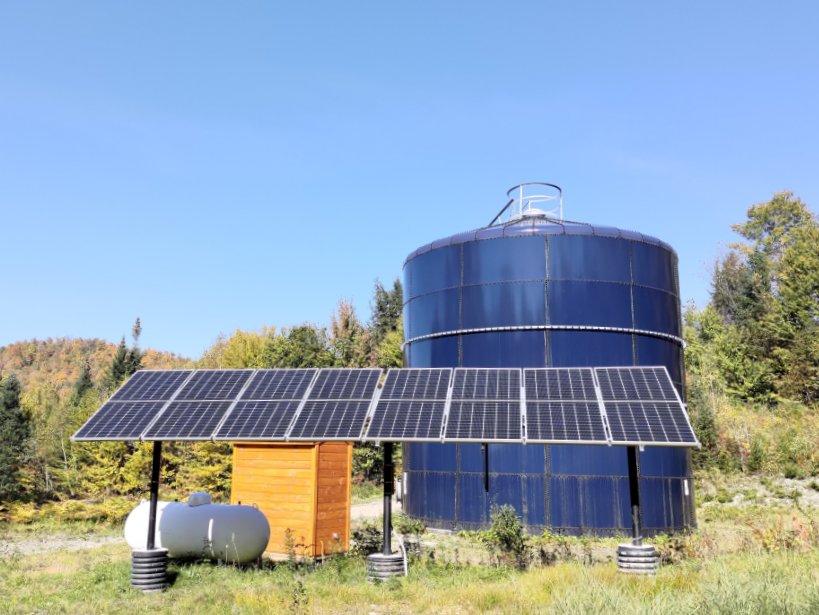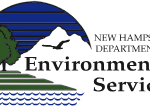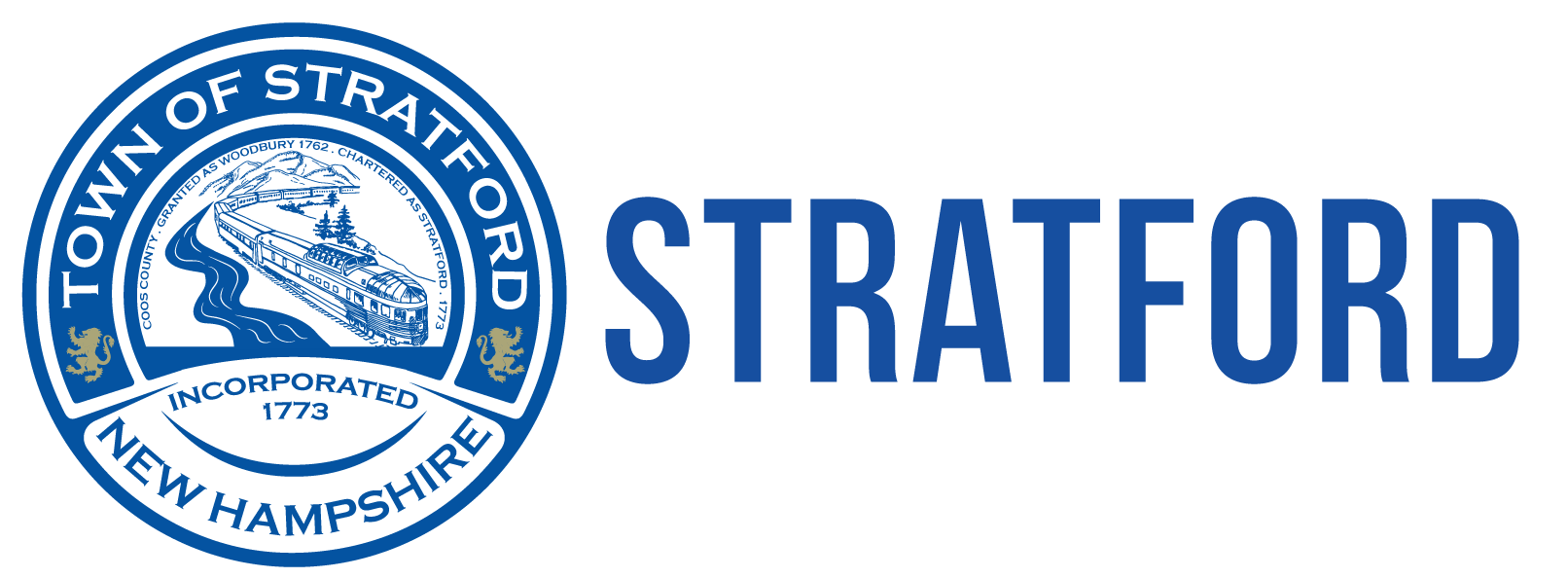Water Department
Operator
Brian Hays
Phone: 603-922-3357
Email: water-sewer@stratfordnh.gov
Address
1956 US Route 3
PO Box 366
Stratford, NH 03590
The EPA, NHDES, and the Town of Stratford Want to Get the Lead Out
Even though the Town has no records of any lead water lines or components having ever being used in the Town’s public water system, it’s time to be doubly sure. If you are a customer and have just received another letter asking for information about your service line, please help the Water Department and yourself to be sure your water is safe. If you have not just received a letter, but have concerns, please contact the Department.
For more information, go to:
www.des.nh.gov/water/drinking-water/public-water-systems/lead-and-copper

Water tower with solar panels to power the internal mixer
View or download the latest Consumer Confidence Report – this annual report details the quality of the Town’s public water supply.
Water bills are issued twice a year, usually in June and November.
In September 2025, Stratford updated its water and sewer ordinances. Now all water bills get calculated using just one billing rule applied to each account equally – instead of multiple rules of tiers and units as in the past. Sewer bills are now also tied to your metered water use instead of being a flat fee for everybody, no matter how much or how little goes down the drain.
There will still be service fees for water and sewer service ($80 each) in addition to fees based on your water meter readings. Together, the service fees plus your water meter reading determine your total water and sewer bills.
Learn more about the new rate schedule, including billing examples.
For additional billing information, please contact the Selectboard Office.
adopted in 1996, amended in 2005, 2013, 2014, 2025
 Drought Guidance for the Public
Drought Guidance for the Public
Historically, drought conditions in New Hampshire have led to residential well failures and public water supply problems. Cutting out non-essential water use and using water more efficiently during a drought are significant ways to lessen the impact of drought conditions. Below, you’ll find tips, information, and resources for conserving water.
To stay informed on the latest drought conditions and current drought-related information, visit the NHDES Drought Management webpage.
Abide by Water Restrictions
Abide by water restrictions implemented by your municipality or public water system and consider water usage recommendations made by state agencies. Pursuant to RSA 41:11-d, municipalities, including village districts, have the authority to restrict lawn watering during a drought. Also, pursuant to Env-Dw 503, community water systems have the authority to implement water restrictions on uses beyond just lawn watering. The purpose of these types of restrictions is to ensure the community’s essential and critical needs continue to be met, as well as to prevent water shortages for residents on private wells due to other users’ non-essential water use.
Your community or water system should inform you of any restrictions and provide information about the restrictions to NHDES for posting on the NHDES Drought Management webpage.
Water Conservation
Residential water use is the largest consumptive water use in New Hampshire outside of energy production.
Average indoor water use per capita in New Hampshire is approximately 63 gallons per day. In the summer, total water use increases to approximately 93 gallons per capita per day due to outdoor water use, which can mostly be attributed to lawn watering. Some communities have a higher proportion of in-ground irrigation systems and experience doubling of water use in the summer. This means that during a drought, residents can reduce typical summer water use by 30-50%, which can significantly reduce stress on water supplies. Examples of indoor and outdoor water conservation actions include the following:
- Cut out non-essential uses, such as outdoor water use for lawn watering, car washing, and pressure washing.
- Cut back on shower times, only do full loads of laundry, and turn off the faucet while brushing teeth,doing dishes, shaving, and washing hands.
- Replace old water fixtures and appliances that are wasting water. Top-loading clothes washing machines built before 2003 and toilets older than 1994 are known to be the largest water-wasting culprits in the home. Showerheads older than 1994 and older bathroom sink aerators can also waste a great deal of water. Selecting ENERGY STAR® certified machines and WaterSense certified fixtures is an easy way to ensure you are choosing products that will save water and still perform well.
- Fix leaks, including running toilets. Running toilets can waste hundreds of gallons a day. Some toilet leaks can’t be seen or heard. To check for these types of leaks, drop food coloring (5 drops) or a dye tablet in the toilet tank. Do not flush for 15 to 20 minutes. If the dye shows up in the bowl, you know that your toilet is leaking. Old and worn toilet flappers are often the culprit and are very easy and inexpensive to replace.
Recommendations for Households on Residential Wells
Detailed drought guidance for households on residential wells, including accessing emergency locations for water supply, financial assistance programs for very low income households, well improvement options, and information on finding a certified water well contractor can be found in the Drought Guidance for Homeowners on Residential Wells.
For Additional Information
visit the NHDES Web Site: www.des.nh.gov
